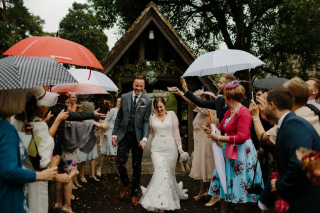 There are a number of different estate planning documents that are easily confused, including “Power of Attorney.” Let’s get a look at the different types of “Power of Attorney,” and what they do.
There are a number of different estate planning documents that are easily confused, including “Power of Attorney.” Let’s get a look at the different types of “Power of Attorney,” and what they do.
Of the estate planning documents, most people have heard of a will and some have a health care proxy. The Power of Attorney is effective while you are still living, and is also known as a “Durable Power of Attorney” because it is effective, or durable, even after you become incapacitated. Your will only becomes effective when you die.
The Times Herald says in the article “Powers of attorney good for life and beyond” that there are two general types of powers of attorney, one for financial matters and the other for health care matters. They shouldn’t be combined in a single document, because they have different legal requirements. Unless they say otherwise in the document, powers of attorney don’t expire until the creator does. However, there are a few powers in both financial and health care powers of attorney that can survive the person who created the document.
 Houston Estate Planning and Elder Law Attorney Blog
Houston Estate Planning and Elder Law Attorney Blog










